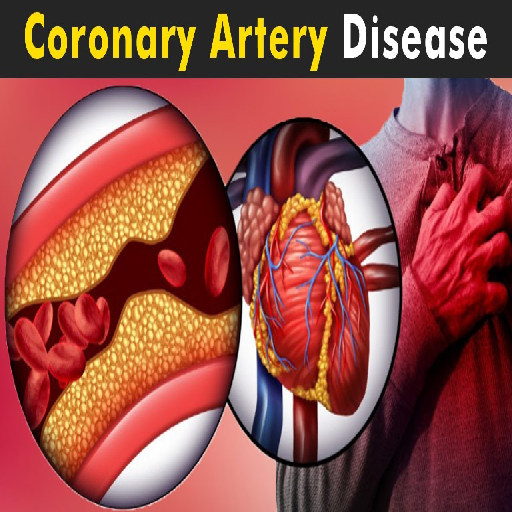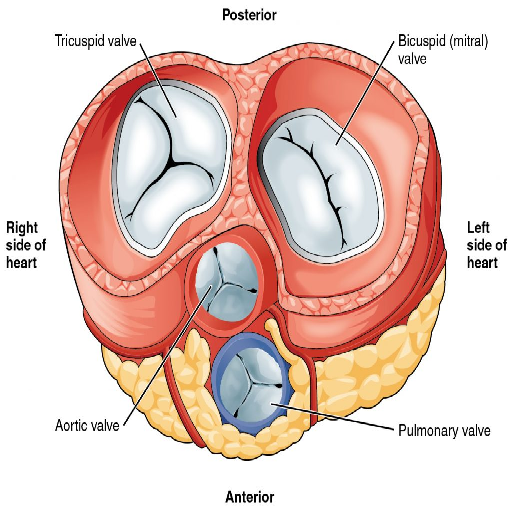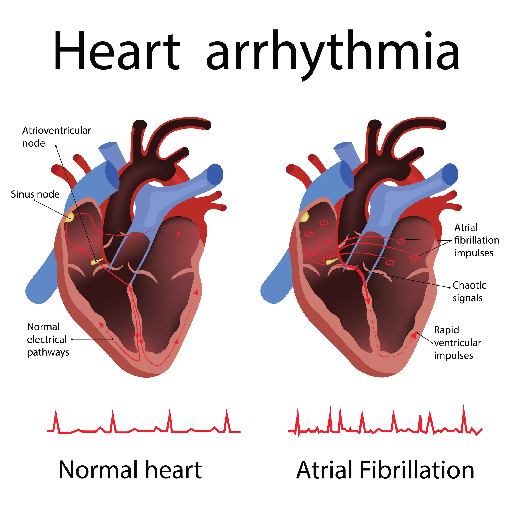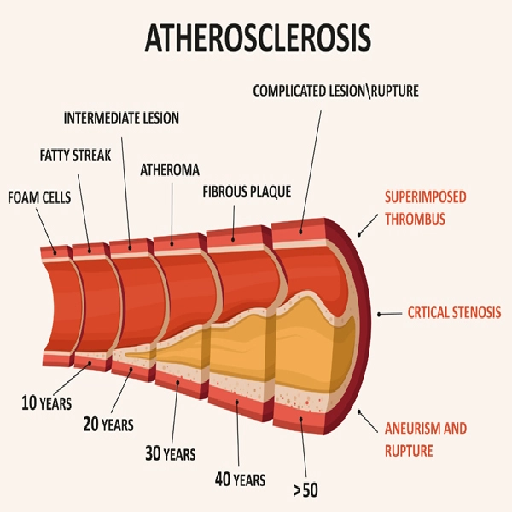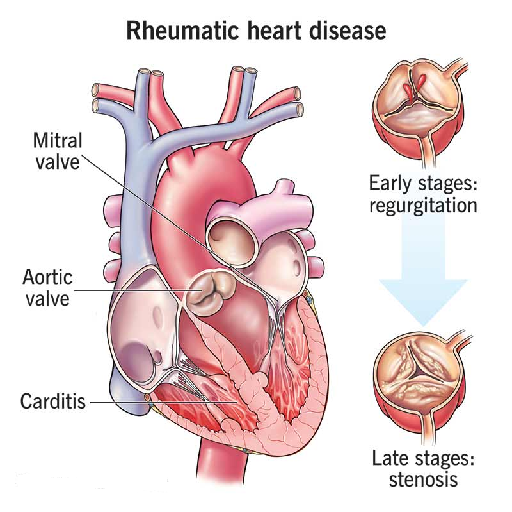Welcome to the Heart Failure Information Hub of Best Cardiac Hospitals. Heart failure, also known as congestive heart failure (CHF), is a serious but manageable condition where the heart cannot pump blood effectively to meet the body’s needs. This page offers a detailed guide to understanding heart failure, its symptoms, causes, treatment options, and prevention strategies. Our goal is to empower you with the knowledge to seek timely care and live a healthier life.
At Best Cardiac Hospitals, we understand the challenges and concerns that come with managing heart failure, also known as congestive heart failure (CHF). Heart failure is a serious condition where the heart’s ability to pump blood effectively is compromised, affecting the delivery of oxygen and nutrients to the body. However, with the right knowledge, care, and lifestyle adjustments, it is a manageable condition that allows individuals to lead fulfilling lives.


